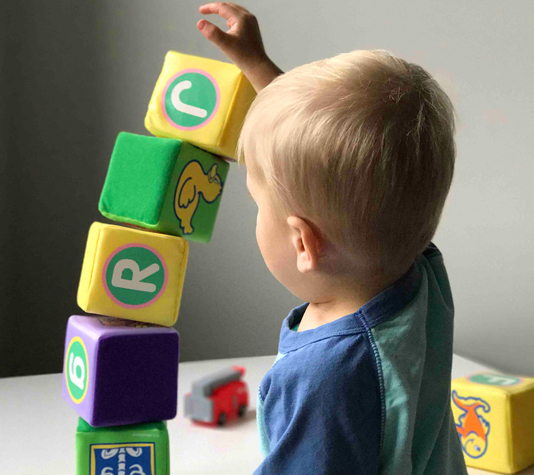Play is the language of children. They have a natural motivation to use play as a means to understand the world around them. Play allows young children to explore their surroundings, identify shapes, sounds and textures, listen to others, negotiate with their peers, take risks and create meaning from their world. Because of the importance of play in early childhood, it is our responsibility as educators to use play to encourage children’s learning.
At our Berry Patch Preschool and Long Day Care Centres, play-based learning is at the forefront of our philosophy on child care and early childhood education. What sets Berry Patch apart is our play-based curriculum that puts emphasis not only on what children learn but also how they learn it. We believe that play has an important role in every child’s overall development.
See also: Checklist on How to Choose the Right Childcare Centre
What is Play-Based Learning?
According to the Early Years Learning Framework, play-based learning is “a context for learning through which children organise and make sense of their social worlds, as they engage actively with people, objects and representations.” Play-based learning enables educators to create opportunities for children to play on their own and play with one another. Children will develop a positive attitude towards the things they are learning if it piques their interest and engages their curiosity.
5 Benefits of Play-Based Learning
Here are five different ways young children benefit from play-based learning.
1. Language and literacy development
Research has found, play can promote literacy development. Play-based activities such as imaginary play provides a great setting that encourages the development of literacy skills, helps children build connections between oral and written modes of expressions and helps them to understand the structure and meaning of words.
2. Social development
Play-based learning involves social interaction between the child and the educator as well as between them and their friends. Children develop social skills as they cooperate, negotiate, share their ideas and solve problems with their peers. Educators play an active role in guiding this interaction.
3. Positive attitude towards learning
A program that is based on children’s interests can help develop a more positive attitude towards learning. Encouraging their curiosity, as opposed to just letting them remember facts through memorisation, can improve retention and motivates them to explore new ideas.
4. Imagination and creativity
Play is where imagination and creativity are nourished. These skills are vital traits that help children find solutions to problems and conflicts. Developing these skills early on will help them tackle issues and solve problems creatively in the future.
5. Emotional development
As children engage in play-based learning activities, they learn more about their emotions and how to control them. Empathy and emotional competence come naturally as they learn about their feelings and the feelings of others.
To learn more about the benefits of play-based learning and how The Berry Patch Preschool and Long Day Care Centre incorporates it in our preschool program, call us today or visit us in the following child care centre locations.

